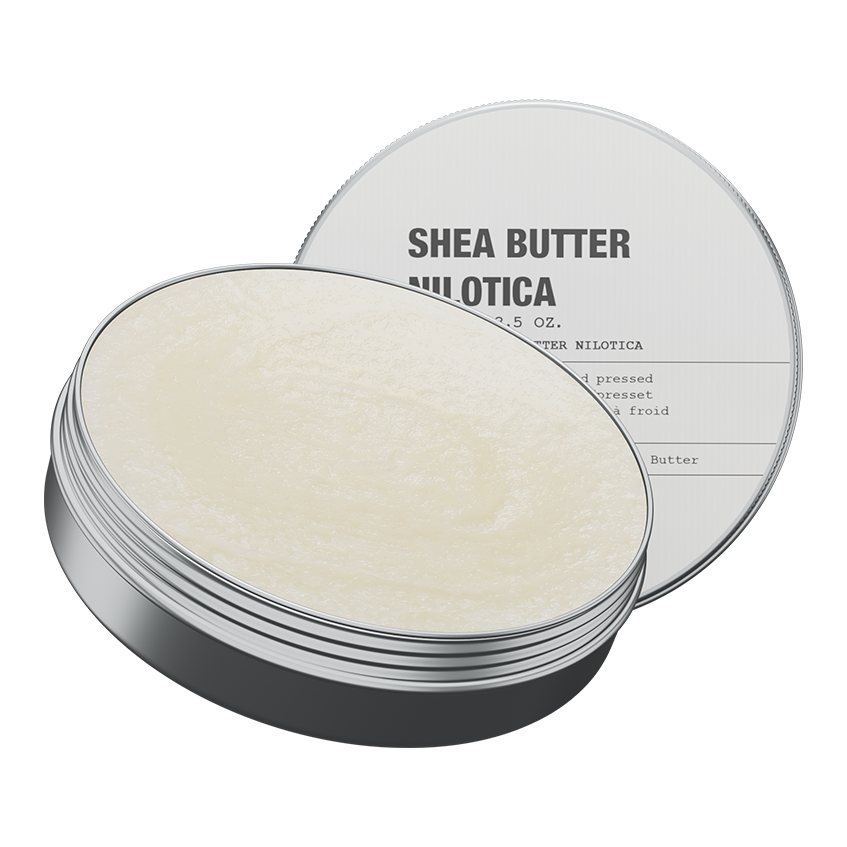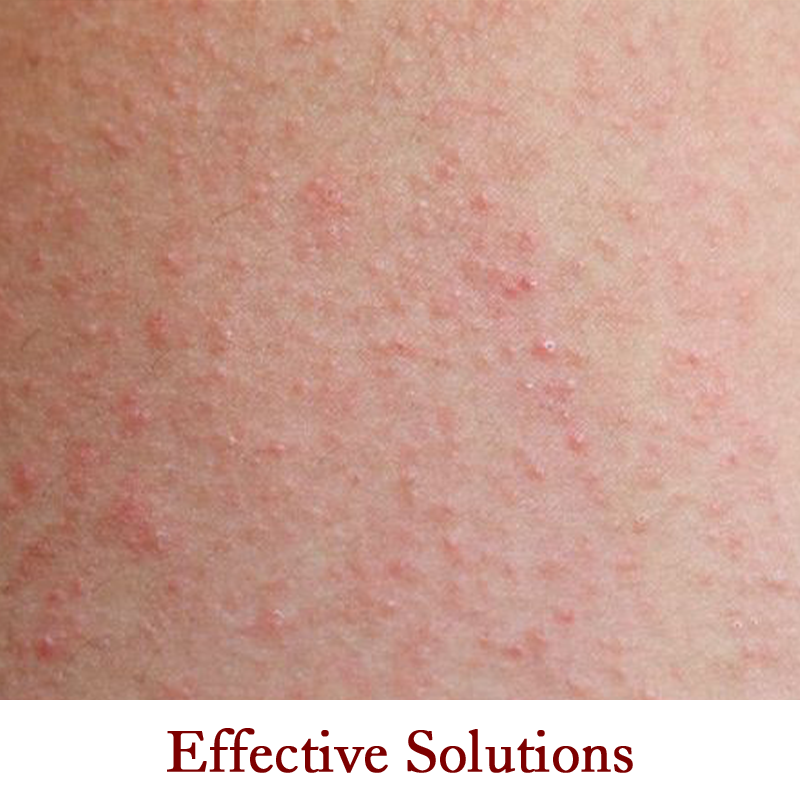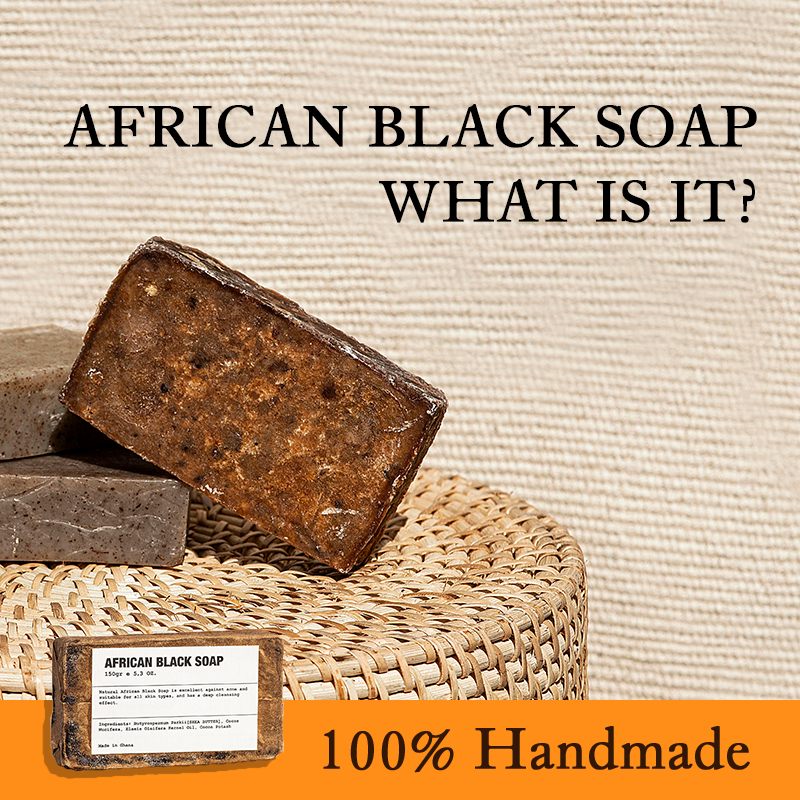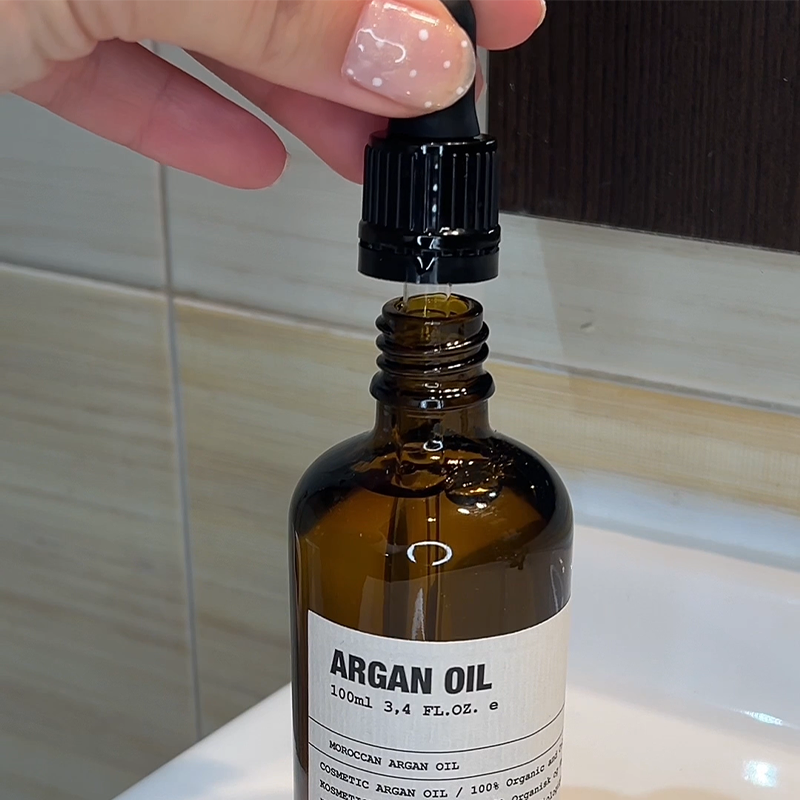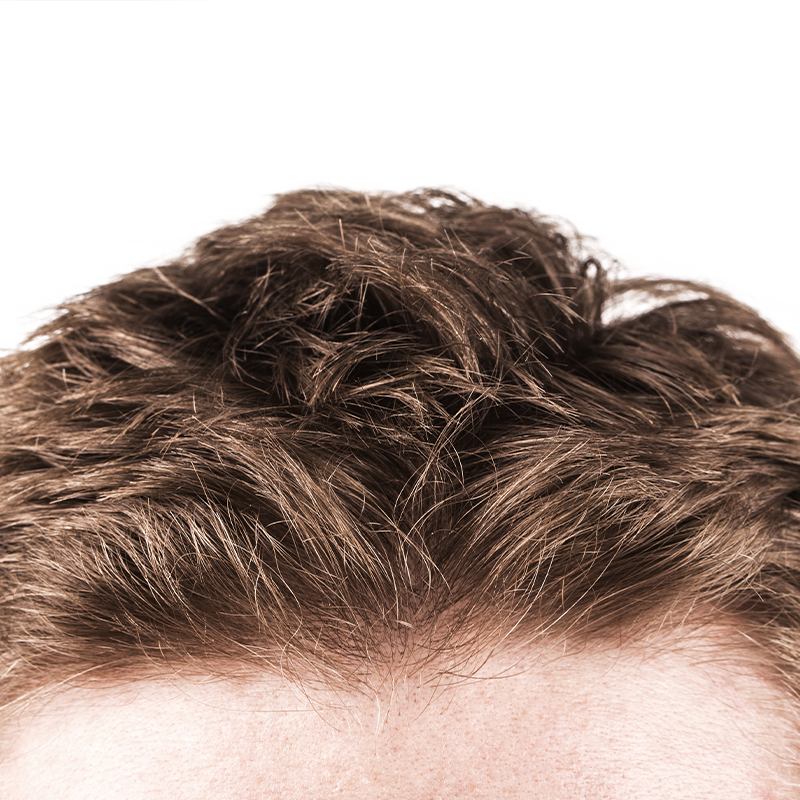Is shea butter good for your skin?
Shea butter is a well-known miracle product that has been gaining more attention in the world of skincare in recent years. But is shea butter good for your skin? This natural skincare option, derived from the nuts of the shea tree, offers a wealth of benefits that can transform your skin. From deep hydration to reducing inflammation, shea butter is known for its versatility and effectiveness. In this article, we dive deeper into the miraculous properties of shea butter, its application in various skincare routines, and how it can improve your skin health. Discover why more and more people are choosing shea butter as an essential part of their beauty regimen and let yourself be seduced by the natural power of this luxurious moisturizer!
What is shea butter?
Shea butter is a natural plant-based fat that is extracted from the nuts of the shea tree, also known as Butyrospermum parkii. This tree mainly grows in the savannas of West Africa, where it has been an important source of nutrition and skincare for the local population for centuries. The nuts of the shea tree are hand-harvested, dried, and then crushed to release the precious oils that are eventually processed into shea butter. This buttery substance has a creamy texture and ranges in color from ivory to light yellow, depending on the purification method.
What makes shea butter so special is its unique composition of fatty acids and vitamins. It is rich in stearic acid, oleic acid, linoleic acid, and palmitic acid, all of which are essential components for maintaining healthy skin. Additionally, it contains natural antioxidants such as vitamins A, E, and F, which help combat free radicals and promote cell renewal. This combination of nutrients makes shea butter an extremely effective moisturizer and skin protector.
The production of shea butter is not only a process of careful craftsmanship but also of cultural significance. In many African communities, the production of shea butter is seen as a female craft, with knowledge and techniques passed down from generation to generation. These traditional methods ensure that the high quality of shea butter is maintained while also supporting local economies. The respect for these traditions and the natural origin of shea butter contributes to its popularity and trust in this product worldwide.
Benefits of shea butter for the skin
Shea butter offers a wide range of benefits for the skin, making it a beloved ingredient in many skincare products. One of its most valued properties is its ability to deeply hydrate the skin. Thanks to its high concentration of fatty acids and vitamins, shea butter penetrates deep into the skin layers, helping to retain moisture and prevent dryness. This makes it an excellent choice for people with dry or flaky skin and for those living in cold or dry climates.
Another important benefit of shea butter is its ability to reduce inflammation. This makes it particularly useful for people suffering from skin conditions such as eczema, psoriasis, or acne. The anti-inflammatory properties of shea butter are attributed to the presence of cinnamic acid and other natural compounds that help soothe irritated skin and reduce redness and swelling. Moreover, shea butter can aid in speeding up the healing process of minor wounds and abrasions, making it a versatile remedy for skin recovery.
Shea butter is also known for its anti-aging properties. The vitamins A and E in shea butter promote collagen production, a protein essential for skin firmness and elasticity. Regular use of shea butter can reduce fine lines and wrinkles, even out skin tone, and improve the overall texture of the skin. Additionally, shea butter offers a natural level of protection against UV rays, though it should not be used as a replacement for sunscreen. This combination of moisturizing, anti-inflammatory, and anti-aging properties makes shea butter a powerful and versatile skincare product.
How shea butter works on the skin
The effect of shea butter on the skin is due to its unique composition of natural fatty acids and vitamins. When applied to the skin, shea butter melts at body temperature and is quickly absorbed without leaving a greasy residue. This makes it an excellent moisturizer that penetrates deep into the skin layers to provide long-lasting hydration. The fatty acids in shea butter help strengthen the skin barrier, preventing moisture loss and protecting the skin from environmental factors.
One of the key ways shea butter improves the skin is through its anti-inflammatory properties. The presence of cinnamic acid and other natural compounds helps reduce inflammation and soothe the skin. This is especially beneficial for people with sensitive skin types or conditions such as eczema and psoriasis. Moreover, shea butter can help reduce redness and swelling, making it an effective remedy for treating acne and other skin irritations.
Shea butter also works at a cellular level to promote skin health. The vitamins A and E in shea butter play a crucial role in stimulating cell renewal and boosting collagen production. This helps improve skin texture, reduce fine lines and wrinkles, and maintain a youthful appearance. Additionally, shea butter offers light protection against UV damage, though it should not be used as a substitute for sunscreen. The ability of shea butter to deeply penetrate, reduce inflammation, and support cell renewal makes it an essential part of any skincare routine.
Is shea butter the right choice for your skin?
Although shea butter offers numerous benefits, it is important to consider whether it is the right choice for your specific skin type and needs. For people with dry or normal skin, shea butter is often an excellent choice due to its deep moisturizing properties. It helps keep the skin soft and hydrated, especially during colder months when the skin is more prone to dryness. Additionally, it can help strengthen the skin’s moisture barrier, making it more resistant to environmental stressors.
For people with oily or acne-prone skin, using shea butter can be a bit more complicated. While shea butter is non-comedogenic, meaning it does not clog pores, it may still be too heavy for individuals with very oily skin. It is important to use a small amount and observe how your skin reacts. If you notice that your skin does not respond well or you develop more breakouts, it may be better to opt for a lighter moisturizer specifically formulated for oily skin types.
Additionally, it is always a good idea to perform a patch test before incorporating shea butter into your daily skincare routine. Apply a small amount to an inconspicuous area of your skin, such as the inside of your wrist, and wait 24 to 48 hours to see if any reaction occurs. This helps determine whether you are allergic to shea butter or any of its components. In general, shea butter is safe for most skin types and can be a valuable addition to your skincare routine when used correctly.
